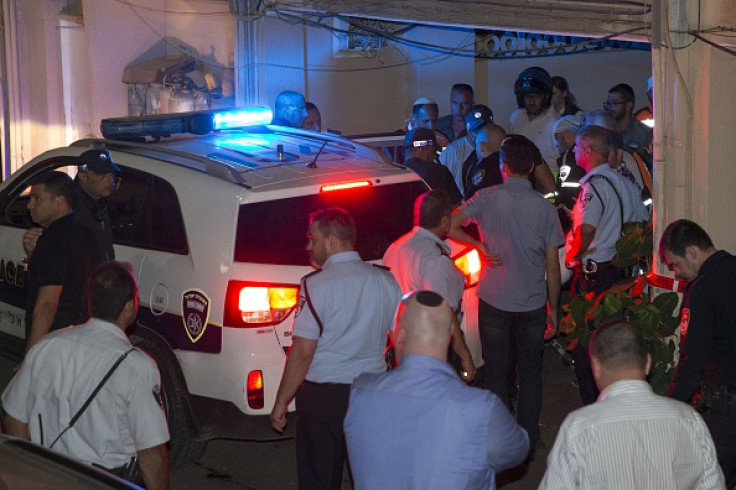Israeli doctors told to treat terrorists the same as victims at attack sites

The Israeli Medical Association has revised its guidelines for doctors, now ordering medical teams to provide medical care to victims based on the severity of their injuries and not whether they are victims or terrorists. This is in stark contrast to its previous guideline that all victims of a terrorist attack should be treated first before the attacker.
The IMA Ethics Bureau is the only body in Israel that sets the standards of the medical ethics for all doctors and medical teams. The change in the ruling will have "profound influence" on all the emergency medical professionals, including paramedics, medics, nurses and administrators.
Local media noted that the change in the existing triage procedure which was decided earlier this week was not publicised but merely added to the guidelines published on the IMA website. They speculated that the low key change was due to concerns over "political and public criticism of the decision during the widespread wave of terror," according to Israel Hayom.
The change in the approach to treating victims at terror sites was reached following discussions at the Ethics Bureau, at the request of the Physicians for Human Rights, an NGO which claimed that the medical body's rules went against accepted medical ethics and international humanitarian laws.
Tammy Karni, who leads the Ethics Panel said the earlier ruling on treatment required doctors to first verify the identify who the victims and attackers were, which she said was an impossible task. "Doctors are not judges. The implication of leaving the [previous] directive was that the doctor needs to investigate who was responsible and punish him by not giving him treatment," she said.
Karni added: "In a multiple-injury event it's very easy to make mistakes in identification, and the treating physician clearly can't do a precise identification of the victims. The doctor must be focused on saving the lives of as many people as possible. It isn't decent to add to the doctor's triage task criteria that are unrelated to the health of the casualties."
The Jewish Press, which also ran the story, alleged that the NGO Physicians for Human Rights was pro-Palestinian and that its operating budget is around $1m to $2m annually. "It buys a lot of ethics," the newspaper claims.
Professor Pinchas Halpern, the director of the Department of Emergency Medicine at Ichilov Hospital in Tel Aviv and a leading expert in emergency medicine in Israel has said removing the former directive was a mistake. He said there needs to be a hearing on the matter to specify the guiding principles for the treatment of an enemy in such situations.
Halpern was one of the doctors involved in formulating the earlier directives by the Ethics Bureau. The principle of 'The poor of your city come first' or the rabbinic version of 'charity begins at home' at the scene of an attack was part of the guidelines of the Ethics Bureau drawn up in 2008.
© Copyright IBTimes 2024. All rights reserved.






